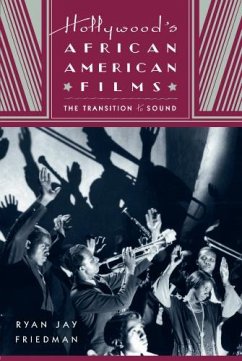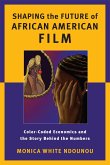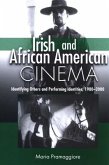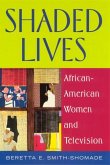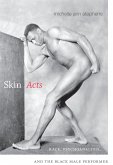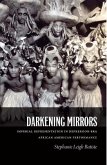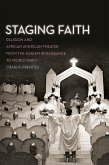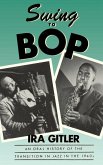In 1929 and 1930, during the Hollywood studios' conversion to synchronized-sound film production, white-controlled trade magazines and African American newspapers celebrated a "vogue" for "Negro films." "Hollywood's African American Films" argues that the movie business turned to black musical performance to both resolve technological and aesthetic problems introduced by the medium of "talking pictures" and, at the same time, to appeal to the white "Broadway" audience that patronized their most lucrative first-run theaters. Ryan Jay Friedman asserts that these transitional films reflect contradictions within prevailing racial ideologies--arising most clearly in the movies' treatment of African American characters' decisions to migrate.

